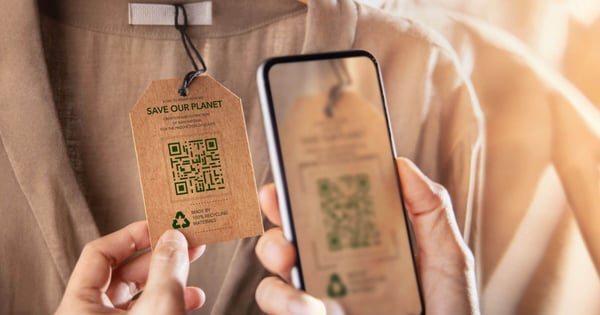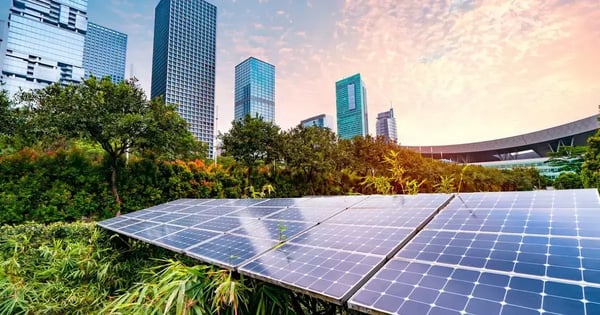
CleanHub Blog
Explore trash-talking news, articles and unique insights.
Stay up to date
Stay up to date
9 Ways AI Is Being Used to Help the Environment
When you think of artificial intelligence (AI), your mind might jump to sci-fi movies, robots, or even the latest smart device on the market. But did you know that experts are utilizing AI...
Continue ReadingBest 15 Plastic-Free Brands to Watch Out For in 2024
Brands and manufacturers bear a lot of responsibility for the plastic crisis, but customers can still contribute to a better future through conscious shopping habits.
Continue ReadingWhat Is Greenwashing — And How Can You Spot It?
A 2020 European Union report found that 53% of environmental claims made by businesses were vague, misleading, or unfounded. This is greenwashing — an unfortunate byproduct of a planet...
Continue ReadingHow to Become a Sustainable Ecommerce Business
As people continue to become increasingly aware of their impact on the planet, the demand for sustainable practices is growing across all sectors — and ecommerce is no exception.
Continue ReadingSustainable Retail: Everything You Need to Know
According to a 2024 study, just 56 companies are responsible for producing half of the world’s plastic pollution.
Continue ReadingESG Statistics Report for 2024: The Impact on Business and Investment
Environmental, social, and governance (ESG) is a set of principles that help businesses showcase commitments beyond profit.
Continue ReadingWhat Are the Benefits of Brands Partnering with CleanHub?
Mounting plastic waste, emerging regulations, and consumer appetite are driving a shift toward sustainable practices among businesses.
Continue ReadingThe 9 Greenest Cities in the World
The need to fight climate change has inspired cities all over the world to take action by cutting their emissions, reducing their waste, and using green energy.
Continue ReadingWhat Are The Alternatives to Single-Use Plastic?
Globally, we produce more than 380 million tons of plastic every year, and some reports indicate that up to 50% of that is for single-use purposes – meaning it’s only used once before...
Continue ReadingThe Green Claims Code Explained
In 2020, the UK’s Competition and Markets Authority (CMA) found that 40% of websites around the world made misleading green claims.
Continue Reading
.webp?width=600&name=Tech-on-the-globe%20(1).webp)
.webp?width=600&name=Paper-packaging%20(1).webp)

.webp?width=600&name=Ecommerce-business-owner%20(1).webp)

.webp?width=600&name=ESG-laptop%20(1).webp)
.webp?width=600&name=CleanHub-processing%20(1).webp)

.webp?width=600&name=Plastic-on-the-beach%20(1).webp)
.webp?width=600&name=ESG-meeting%20(1).webp)
